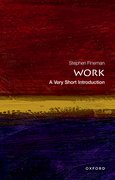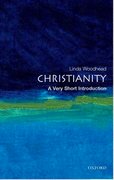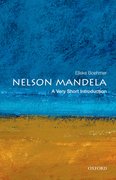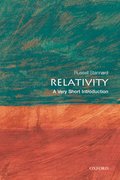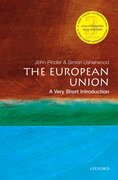Zeroing in on zero-hours work
Stephen Fineman
The growth of zero-hours work contracts has grabbed the headlines recently. The contracts offer no guaranteed work hours and can swing between feast (over work) and famine (literally nil hours). Employees are expected to be available as and when needed; if they refuse (which in principle they can) they risk being labelled as unreliable and overlooked the next time round.

